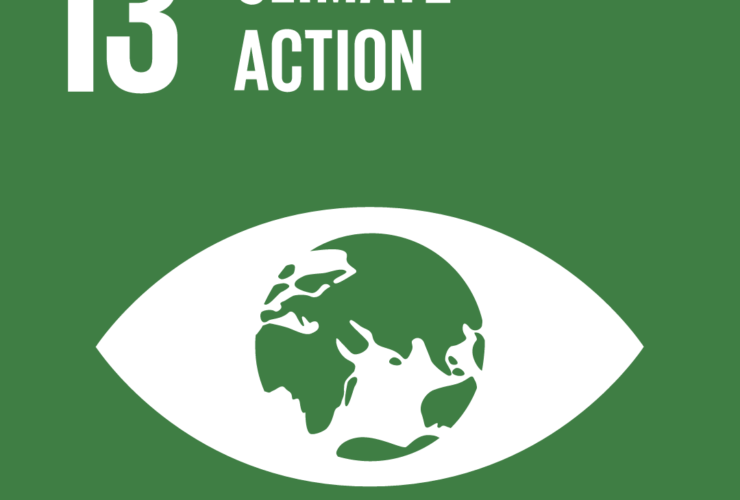Communiqué of the 2020 Africa Energy Leaders’ Summit on Climate Change, Energy, and Energy Finance Addis Ababa, Ethiopia 28 – 29 January 2020
From 28th to 29th January 2020, MELCA-Ethiopia, Oil Change International, Health of Mother Earth Foundation, Oxfam, and Power Shift Africa convened the Africa Energy Leaders Summit at the Ambassador Hotel in Addis Ababa, Ethiopia. At the Summit, civil society leaders – representing twenty-seven (27) organizations, networks, and community resistance groups from Africa and around the world – deliberated on issues including fossil fuel dependence, climate change, energy access, and the just transition.
Following two days of evidence-based interrogation of the issues and robust discussions, THE SUMMIT:
NOTING WITH CONCERN the devastating local, regional and global impacts of climate change, which disproportionately affect local communities, indigenous people, women, and youth;
FURTHER NOTING WITH CONCERN the contradiction between planned production and expansion of fossil fuels and globally agreed to climate targets as outlined in the Production Gap and Sky’s Limit reports;
FURTHER NOTING WITH CONCERN the continued and deliberate proliferation of coal, oil, and gas in Africa contrary to scientific evidence that calls for an urgent halt to this due to debilitating impacts on the climate, livelihoods, public health, and the environment;
CONDEMNING the undemocratic practices of closing civic space in Africa by governments that result in all forms of reprisals – many of which are violent – against environmental activists and human rights defenders;
RECOGNIZING the need to end energy poverty and increase access to energy in Africa;
UNDERSTANDING that a just transition plan of action is urgently needed for Africa;
REJECTING elite- and state-backed impunity of big polluters and the militarization of governance and the energy sector in the region;
Recognizing previous key calls such as the Lofoten Declaration, the people’s Memorandum to the 17th session of African Ministerial Conference of the Environment, the Oilwatch Africa Declaration of 2019 and Oilwatch International’s Annex Zero proposal;
NOW HEREBY CALLS ON:
I. African Governments
- To hear and respond to the voices of Africans on issues of fossil fuel extraction and climate justice;
- To protect citizens and the environment against adverse climate impacts, among other existing injustices and environmental justice challenges caused by the current fossil-fuel dependent economy;
- To fully consult and receive consent for energy development choices from citizens and civil society;
- To put an end to fossil fuel development; to manage the decline of existing production of oil, gas, and coal; and to rapidly initiate a transition to clean and safe renewable sources of energy that fully supports access to energy for those who currently lack it;
- To set in place an Africa wide action plan for the Just Transition;
- To reject further financing and support for fossil fuel projects from other governments, multilateral funding sources, and other investors;
- To de-militarize African development and governance in line with Article 23 of the African Charter on Peoples and Human Rights;
- To publicly condemn and reject the double standards advanced by fossil fuel companies and their allied interests, which result in the discriminatory treatment of Africa and her peoples;
- To call on all relevant multilateral and regional organizations and financing institutions to demand real climate action through a phase-out of fossil fuels;
- To call on the UNFCCC and other multi-lateral processes to recognize communities and nations that decide against fossil fuel extraction as an incentive for increased climate ambition.
II. African Civil Society Organizations, Movements, and Networks
- To demand a process for a Just Transition based upon:
- Building a new energy system;
- Rehabilitating individual mines and the mining regions as a whole to restore and detoxify damaged land and ecosystems;
- Making people’s food gardens as a first step towards creating a healthy food system under democratic control, based on ecological agriculture and ensuring enough food for all;
- A wealth of thinking and practices for food sovereignty;
- Plan to put work and amenities within people’s reach, to make walking and cycling the easy options and developing safe and reliable transport for longer trips;
- Create a zero-waste economy, eliminating built-in redundancy and throw-away products and developing high levels of recycling and composting of wastes;
- Protect people’s health with improved health care;
- Open democracy that speaks to ensure all African intergovernmental meetings, and national and local government meetings are open to African civil society.
III. International Civil Society Organizations
- To stand in solidarity with African civil society organizations and networks, and to amplify their environmental and social-justice messages;
- To provide technical support to, and build the capacity of, civil society organizations and networks on environmental- and social justice issues.
Adopted on 29th January 2020 at Addis Ababa, Ethiopia by the following African Civil Society Organizations and Networks, who commit to sharing and utilizing this communiqué in all relevant spaces:
- Africa Coal Strategy
- Africa Institute for Energy Governance (AFIEGO), Uganda
- African Hub for Accountability and Development Initiatives (AHADI), Tanzania
- Civil Society Coalition on Oil and Gas (CSCO), Uganda
- deCOALonize Campaign, Kenya
- Earthlife Africa, South Africa
- groundWork, Friends of the Earth, South Africa
- Health of Mother Earth Foundation, Nigeria
- Innovation pour le Développement et la Protection de l’Environnement, Democratic Republic of Congo
- Justicia Ambiental, Friends of the Earth, Mozambique
- MELCA-Ethiopia
- Ogoni Solidarity Forum – Nigeria
- Oil Change Africa
- Oilwatch Ghana
- Oilwatch Togo / Friends of the Earth Togo
- Power Shift Africa
- South Durban Community Environmental Alliance, South Africa
- Southern African Faith Communities Environment Institute (SAFCEI)
- WoMin (Pan African)
And supported by the following international organizations in solidarity with African partners:
- Center for International Environmental Law (CIEL)
- Christian Aid
- Environmental Law Alliance Worldwide (ELAW)
- Global Gas and Oil Network (GGON)
- Oil Change International
- OXFAM International
- Vasudha Foundation, India
- World Resources Institute (WRI)
Download copy here


